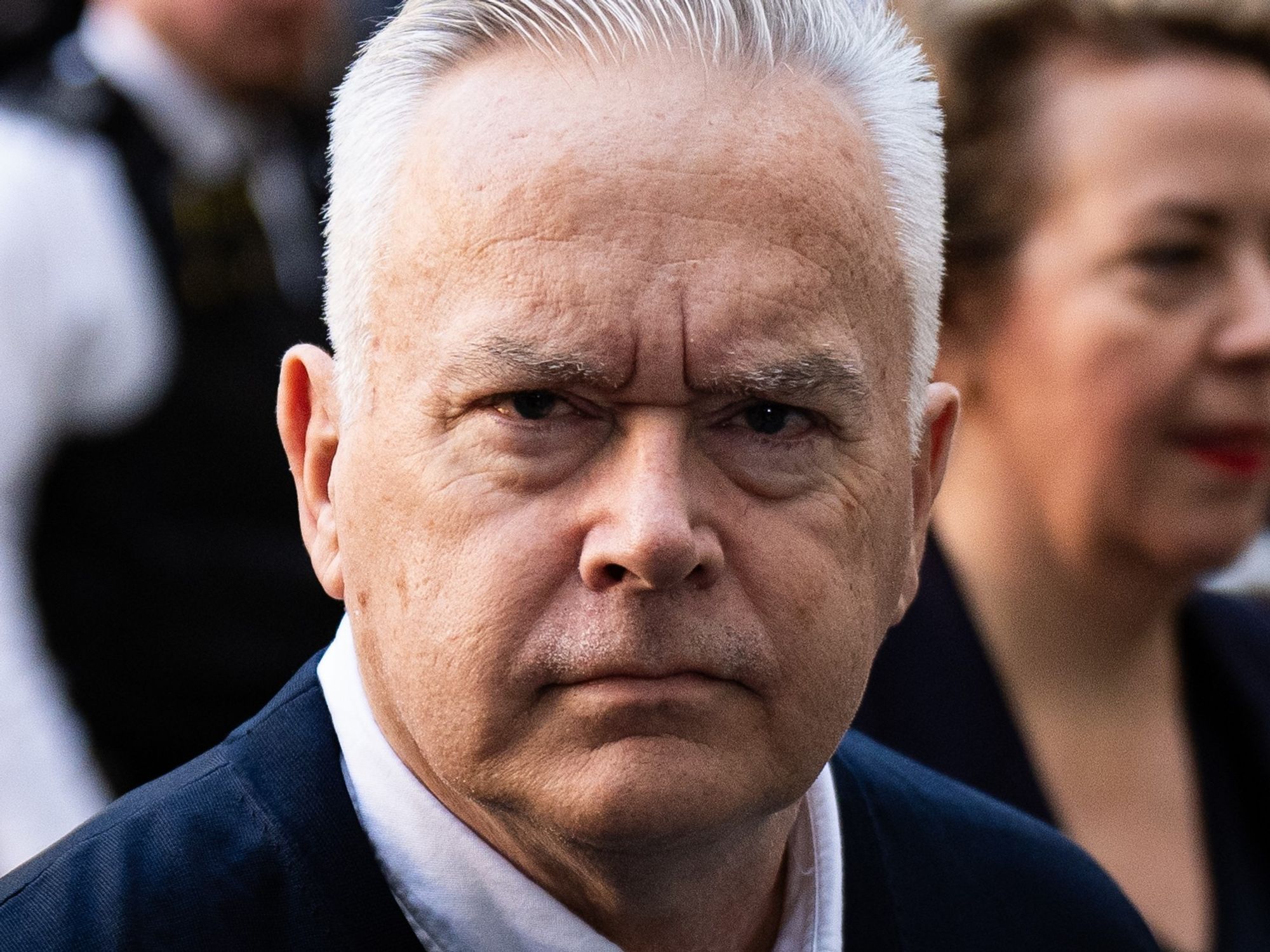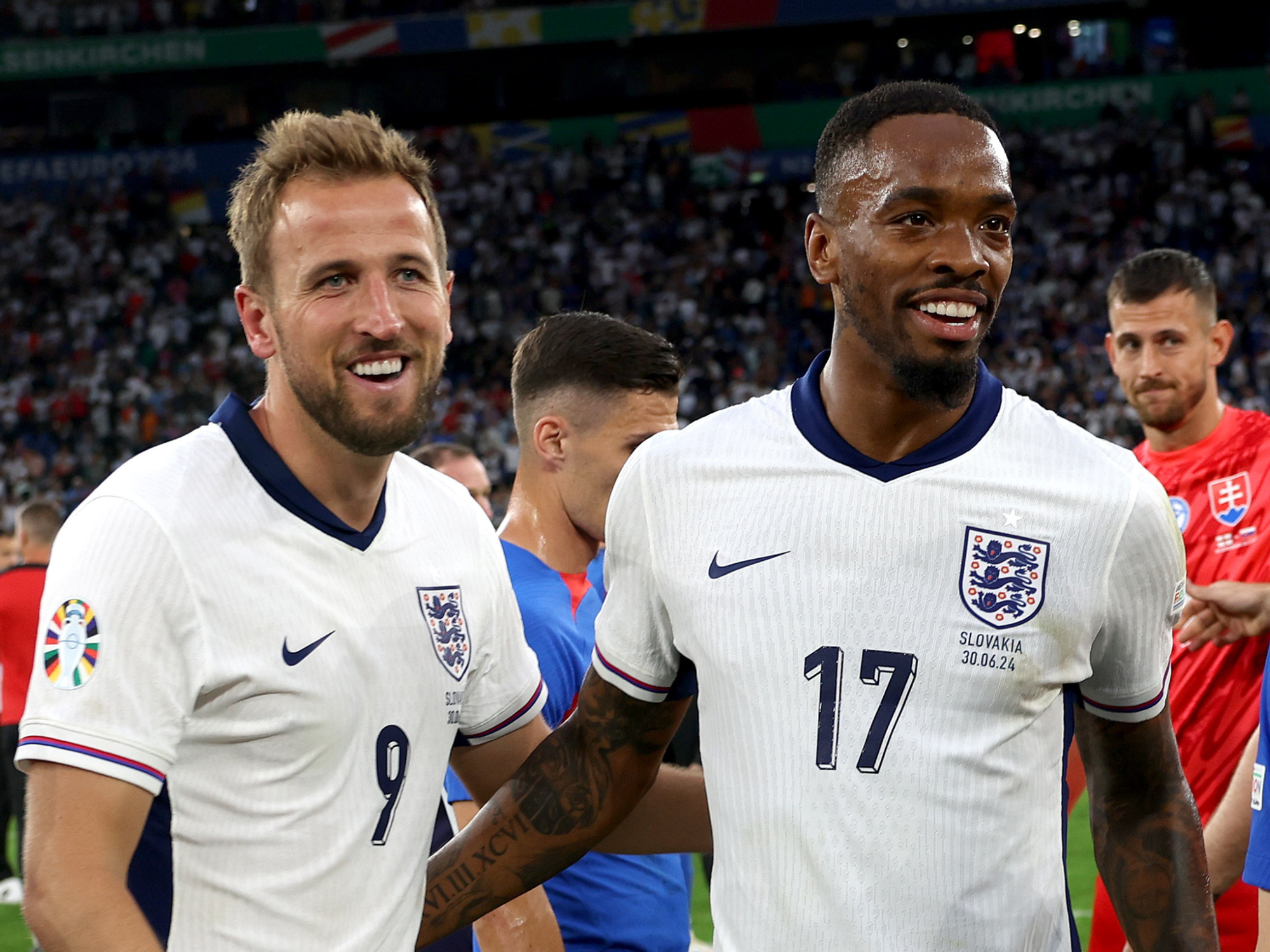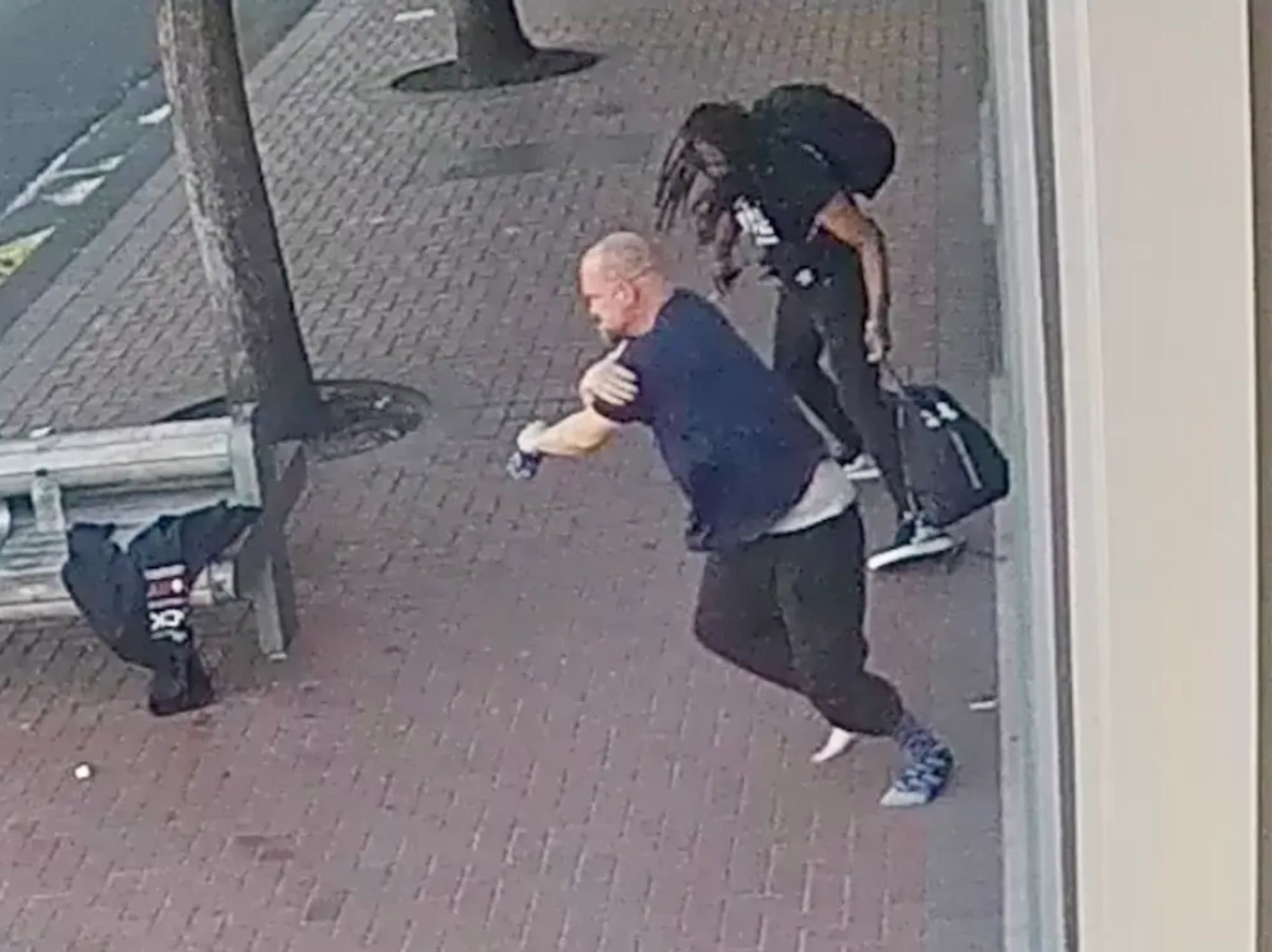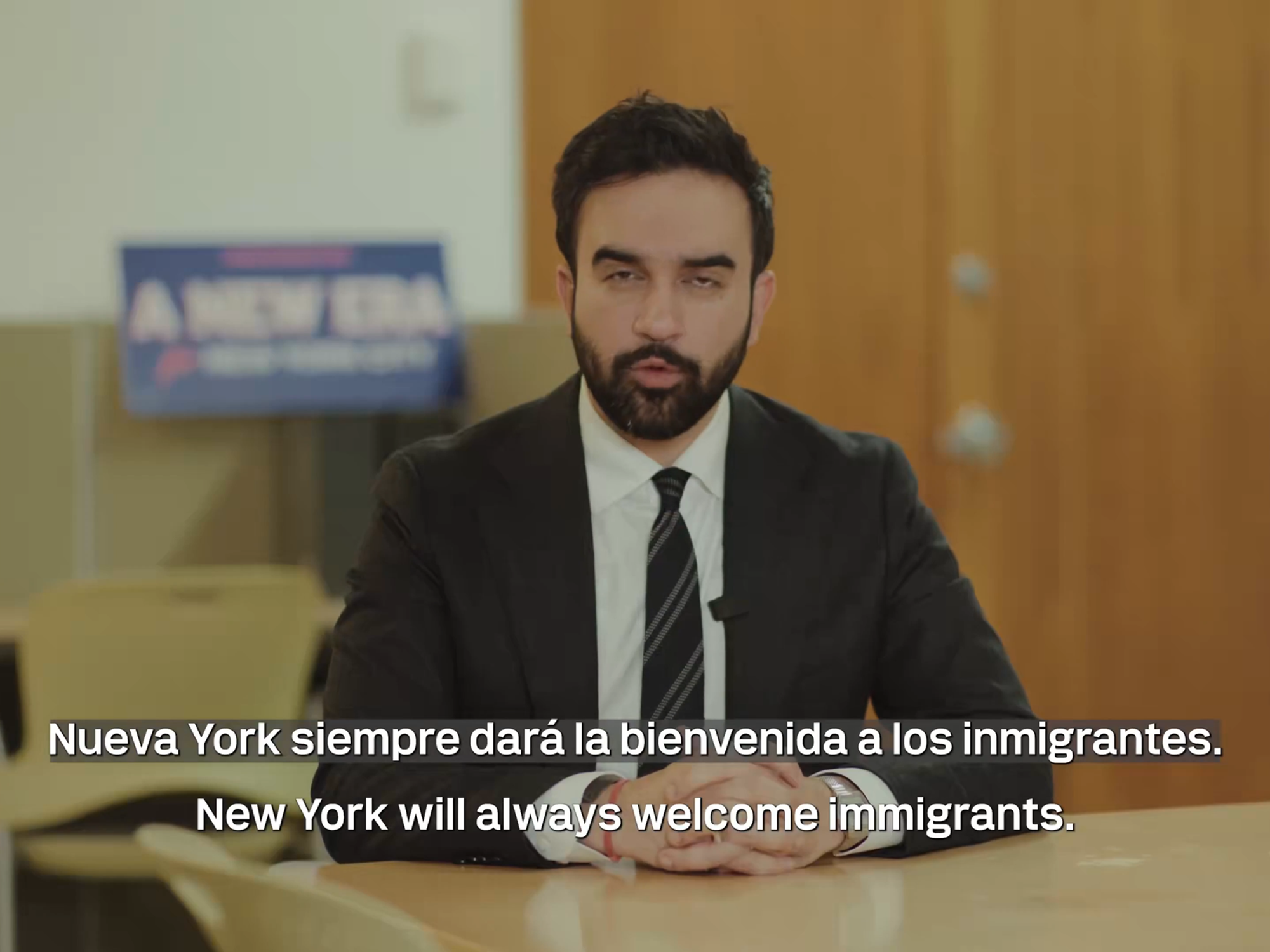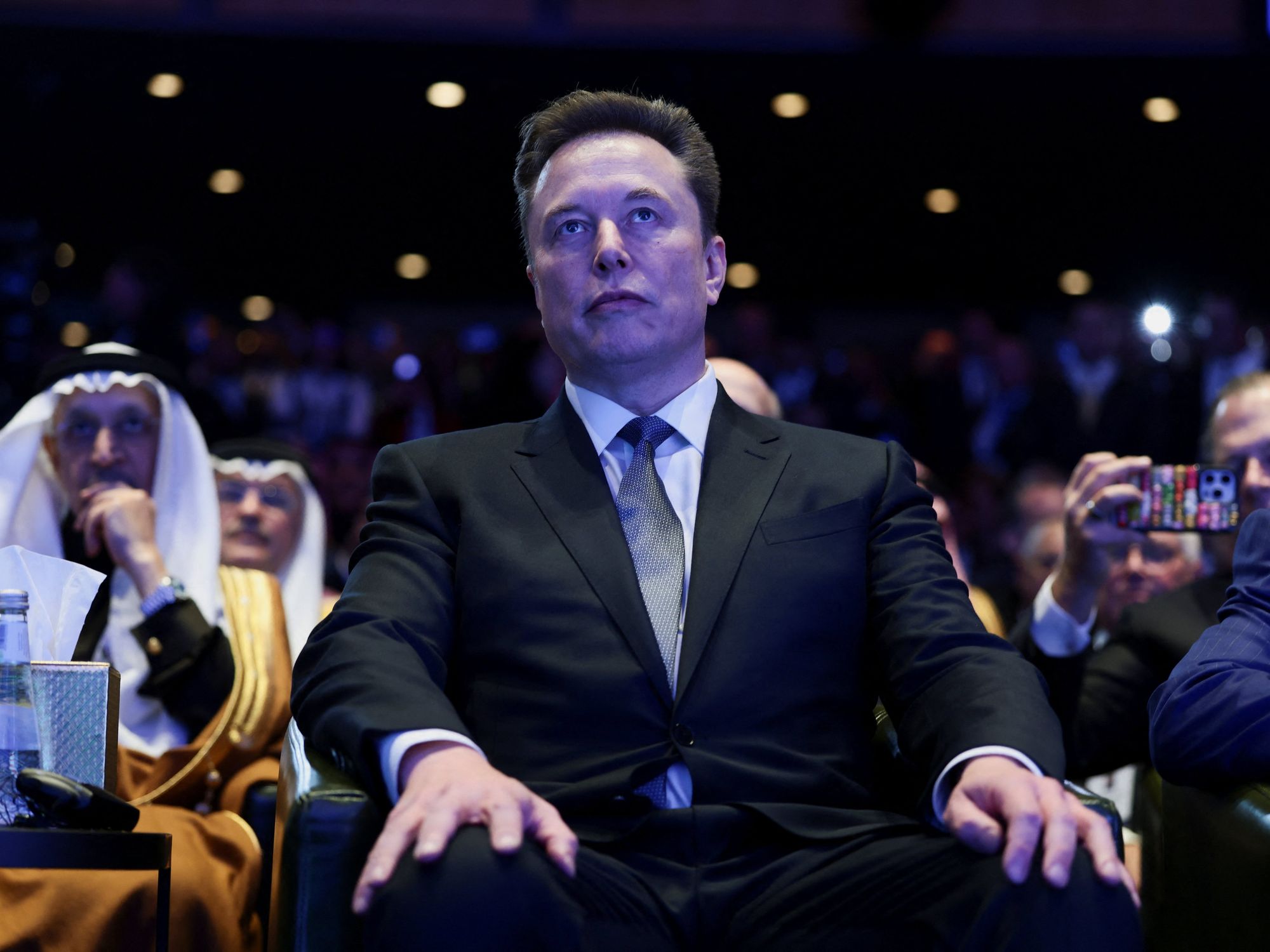Covid: Vaccine passports ‘could prevent future lockdowns’
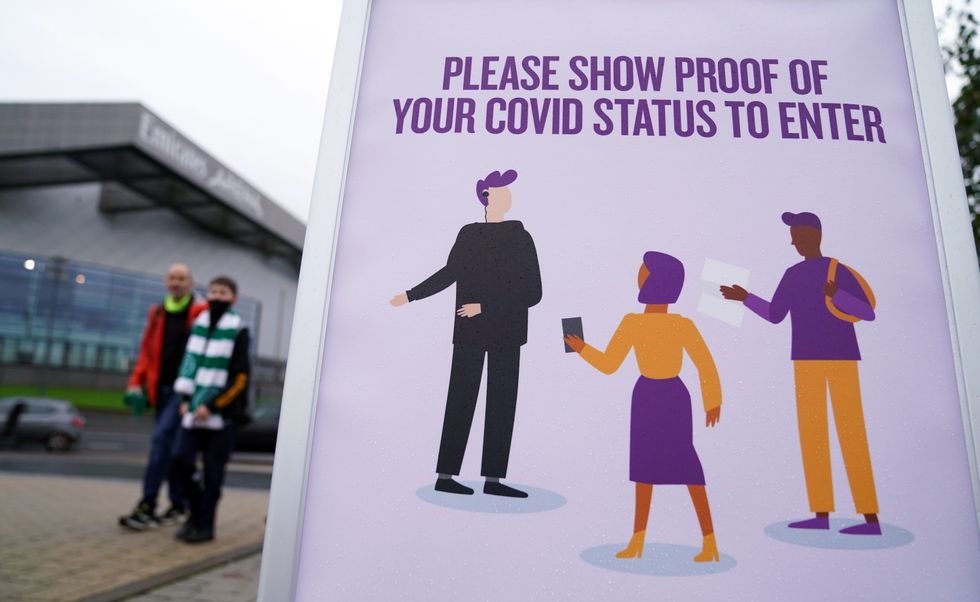
Signage informing spectators they need to show their vaccine passports to enter the ground before the UEFA Europa League Group G match at Celtic Park, Glasgow. | Andrew Milligan

They could 'reduce cases and deaths' according to a medical journal article
Don't Miss
Most Read
Latest
Introducing Covid-19 vaccine passports can “reduce cases and deaths”, according to an article in a leading medical journal.
In an opinion piece published in the BMJ, researchers from the Tony Blair Institute for Global Change said vaccine passports can provide “reassurances” and limit spread in a crowded or enclosed environment.
Kirsty Innes and Daniel Sleat from the institute argue that the passes are “the most accurate tool at our disposal for limiting transmission and avoiding further blanket lockdowns”.
They cite research from the institute which found that if the Government pressed ahead with vaccine passports after restrictions were eased in England on July 19, “this could have reduced cases and deaths over the subsequent weeks by as much as 30%”.
But Imogen Parker, associate director at the Ada Lovelace Institute and policy fellow at Centre for Science and Policy at the University of Cambridge argued that Covid passes “do not prove that people are free or safe from the virus”.
She referred to the outdoor Boardmasters Festival in Cornwall in August which became a so-called superspreader event, even with the use of additional testing and vaccine passports.
“Like more traditional public health measures such as mask-wearing or distancing, passports may reduce risk but can’t guarantee safety. Unlike masks or social distancing, however, they introduce profound risks into society,” she wrote.
These include segregation, inequality and the “creation of enduring surveillance technology in response to what we hope will be a time-bound crisis”, she added.
On Sunday, Prime Minister Boris Johnson said that, despite high case numbers, there is no reason to activate the Government’s Covid Plan B – which includes the introduction of mandatory Covid passports.





